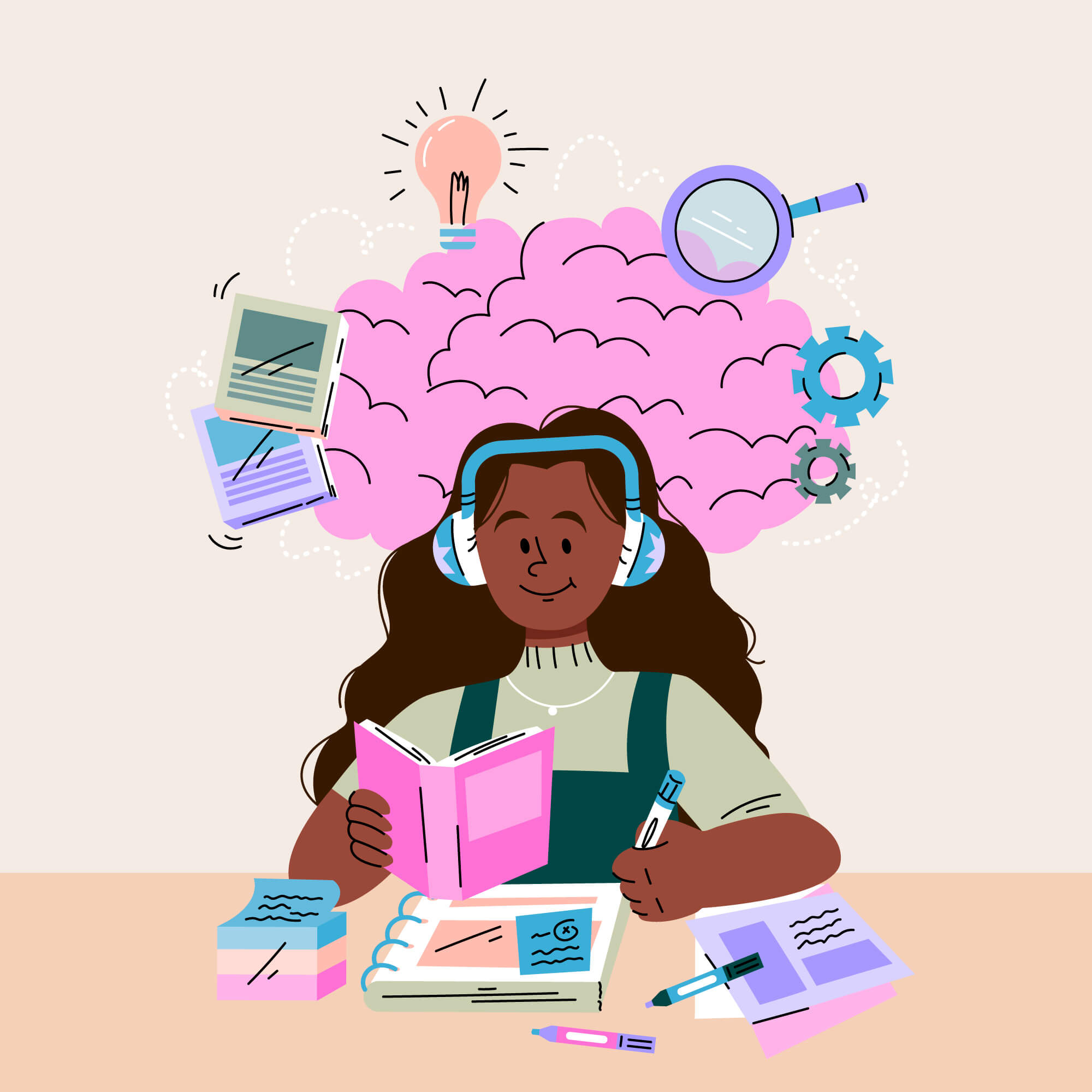Some of us arrived at advocacy slowly—one red flag at a time.
Some of us were pushed into it suddenly, when everything fell apart.
Some of us have been writing emails in our heads for years.
Some of us are just now finding the words.
Wherever you are in the process, this toolkit is for you.
It was created for families who’ve been excluded, ignored, gaslit, or overwhelmed while trying to get support for their children in school. For those who were told to “just trust the process” while watching their child unravel. For those who followed every step, only to be blamed when the system didn’t work.
What’s inside
The Advocacy Toolkit is a growing collection of strategies, templates, insights, and truths for families navigating systemic barriers in education. It includes:
- Clear, actionable strategies across stages of advocacy—from gathering documents to filing formal complaints
- Examples of lived experience storytelling, letter-writing, and public-facing campaigns
- Policy references and legal frameworks you can use to assert your child’s rights
- Tools for observing, documenting, escalating, and organizing
- Emotional grounding to remind you that you’re not imagining this—and you’re not alone
Each strategy is framed not only around what to do, but what to expect, what to watch out for, and what you’re allowed to feel.
Because advocacy is not just procedural. It’s deeply emotional work. It is also unpaid, invisible labour that disproportionately falls on disabled and neuropergent parents—many of whom are already navigating their own trauma in parallel.
Why we made this
Too many families are told they’re doing it wrong when they’re simply doing it alone.
The school says “We don’t see a problem.” The district says “You need to start at the school.” The professionals say “Try to stay calm.” And your child says “Please don’t make me go.”
This toolkit is our way of saying: You are not overreacting. You are naming the harm.
We made this because systems are designed to make you feel like the problem. We made this because your child deserves more than silence. We made this because families deserve scaffolding—not shame.
What is it going to take to see change?
You’re not the only one
If there’s one message we want this toolkit to carry, it’s this: You’re not alone.
You’re not the only one whose child was left unsupported.
You’re not the only one who lost sleep formatting emails at 2am.
You’re not the only one who was labeled “difficult” for asking the same question more than once.
You’re not the only one who learned how to cite legislation because no one else would.
This toolkit is for you.
We hope it helps.
-
The 123s of advocacy strategy
These strategies are practical steps you can take to help your child access support—whether you’re just starting out or navigating a complex situation.










